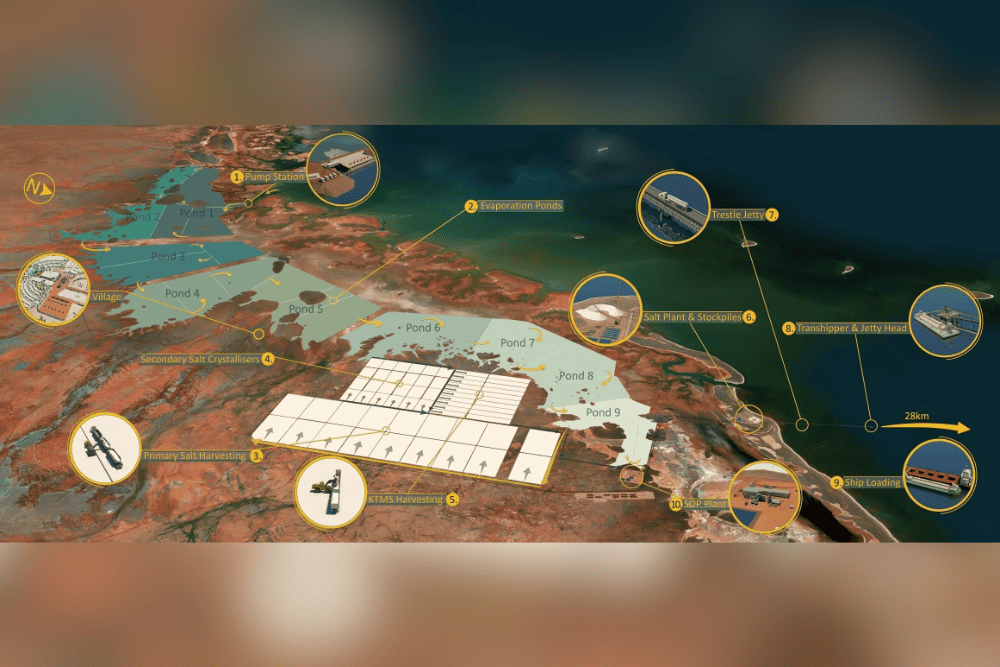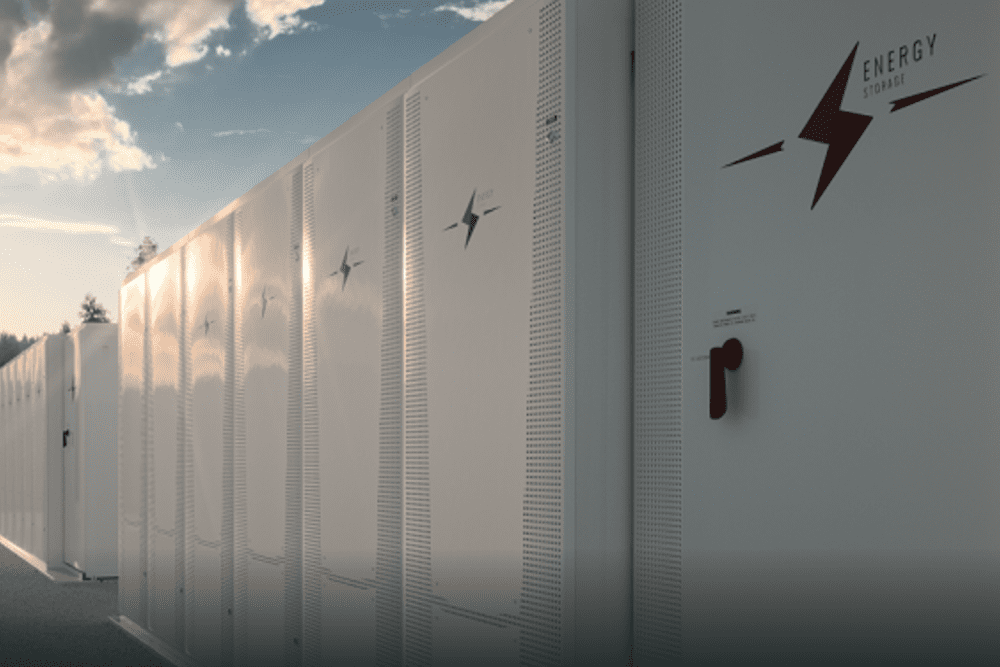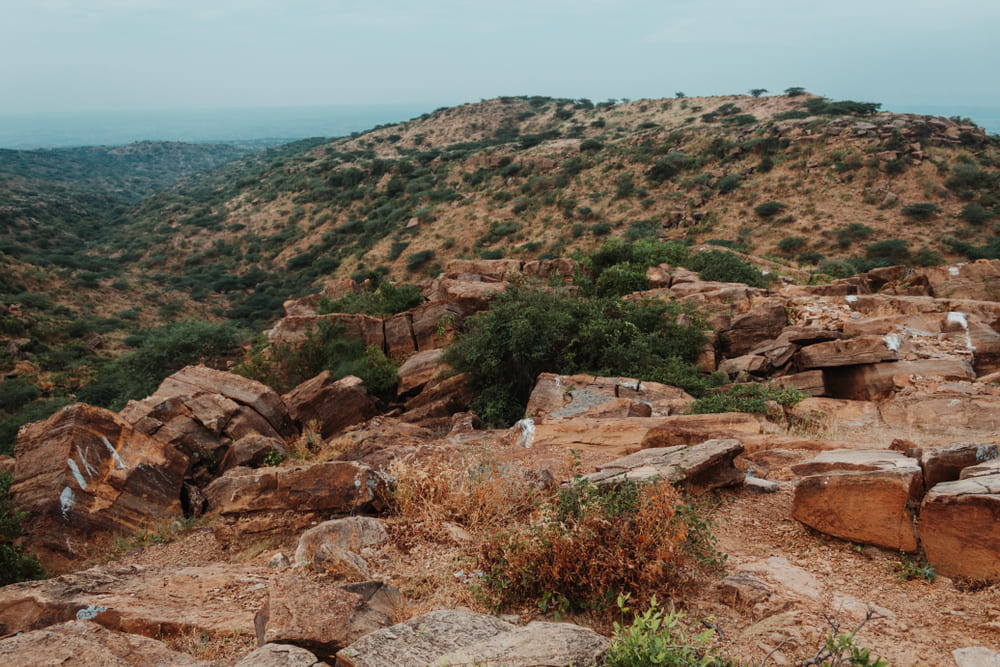
Central Queensland communities have a once-in-a-generation opportunity to embrace a major transition to renewables and clean industries, but need more support, according to a recent poll and report.
The YouGov poll reveals half of voters in the country’s ‘engine room’ – the Flynn electorate (Gladstone, parts of Rockhampton and Bundaberg) agree regional areas will benefit most from the uptake of renewables.
However, only two in 10 believe their community is getting enough support to prepare for a future without fossil fuels.
Three-quarters (75%) of respondents aged under 35 want the government to prioritise investment in renewable and clean industries over coal and gas.
The poll coincides with the launch of a new report ‘Australia’s Clean Engine Room: Central Queensland’s Industrial Future’.
The Climate Council report reveals that accelerating investment and development in renewables and clean industries could create new export industries, add billions to the local economy and unlock tens of thousands of new jobs, while protecting existing manufacturing jobs.
Kahn Goodluck, Deputy Mayor of Gladstone Regional Council and former boilermaker said: “Failure is not an option. Our workers and their families’ livelihoods depend on it. It’s not just about capitalising on the opportunities that come with new industries such as hydrogen but also about decarbonising our existing industries and protecting, sustaining and even growing those jobs in a post 2050 world with net zero emissions.
“As a region with a proud industrial heritage we need to ensure we plan and adapt for the changes that are coming in a rapidly decarbonising economy. We have some of the biggest industry players in the world but we can’t leave it to industry and business alone, we need government policies and investment that support success.”
Amanda Cahill, CEO of The Next Economy said: “Central Queensland is incredibly well placed to benefit from the transition. It has abundant solar and wind resources but also has an industrial base, so we can use that energy to power manufacturing. It’s ticking all the boxes as an economic powerhouse.
“There are lots of economic opportunities for Central Queensland and we’re seeing that come to fruition through renewable energy and the storage that needs to be built, green hydrogen, green chemicals and manufacturing the parts to make these, but also through helping existing industries like aluminium to decarbonise.
“I’ve seen a huge shift over the last 18 months: people are seeing the opportunities the energy transition can bring, but also the risks of not managing change well. So we’ve gone from conversations about whether it’s happening to more detailed planning to work out how to manage change and to ensure the community benefits.”
Nicki Hutley, Climate Councillor, leading economist and former Partner at Deloitte Access Economics said: “The Climate Change Act 2022 is a welcome starting gun in the race to get emissions plummeting this decade, and sends a clear investment and industry signal – that Australia is open for sustainable business.
“There are currently over 5.6 gigawatts of battery, solar and wind projects announced in Central Queensland, which could see its renewable energy capacity increase by almost 20 times and create close to 9,000 jobs.
“Now state governments need to act quickly to ensure regions like Central Queensland can continue to capitalise on the world’s clean energy shift and lead in industries such as green steel, renewable hydrogen, critical minerals and battery manufacturing.
“With the right leadership and support, Central Queensland could be transformed into Queensland’s clean engine room.”
Central Queenslanders are ready to lead this economic transformation, now the Federal and Queensland governments must:
- Upskill local workers for jobs in new, clean industries and support the rollout of new transmission infrastructure needed to connect the state’s renewable energy zones.
- Boost energy storage via a mandated Renewable Energy Storage Target
- Plan ahead for coal closures with transition plans for coal-fired power stations by 2024, and end public funding for fossil fuels.
Put in place the right policy measures and funding now, to realise the opportunities for Central Queensland including powering Queensland by renewable energy by 2030, investing in the Renewable Energy Industrial Precincts program, and meaningful engagement to support First Nations and local communities to manage the impact of inevitable coal closures.










